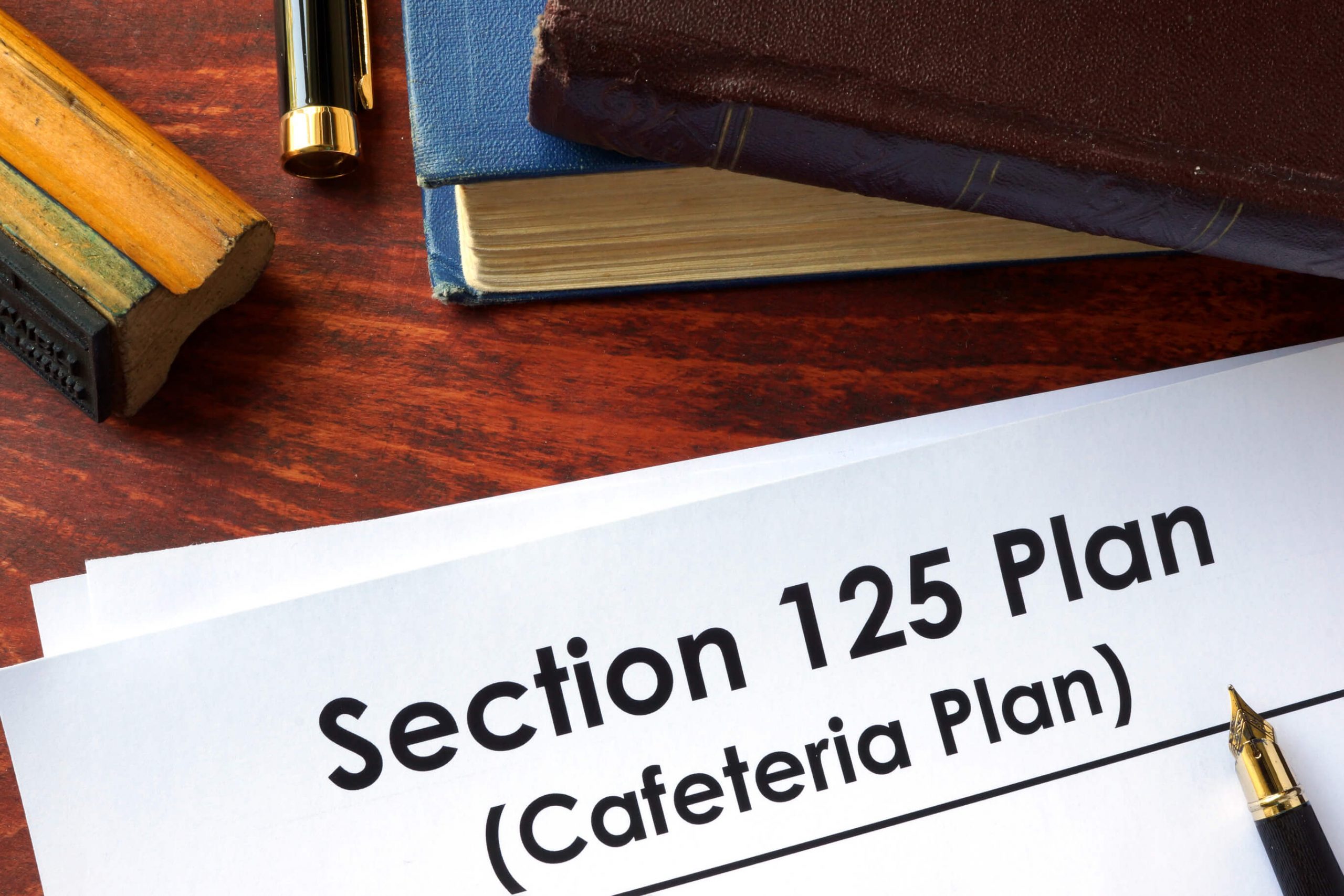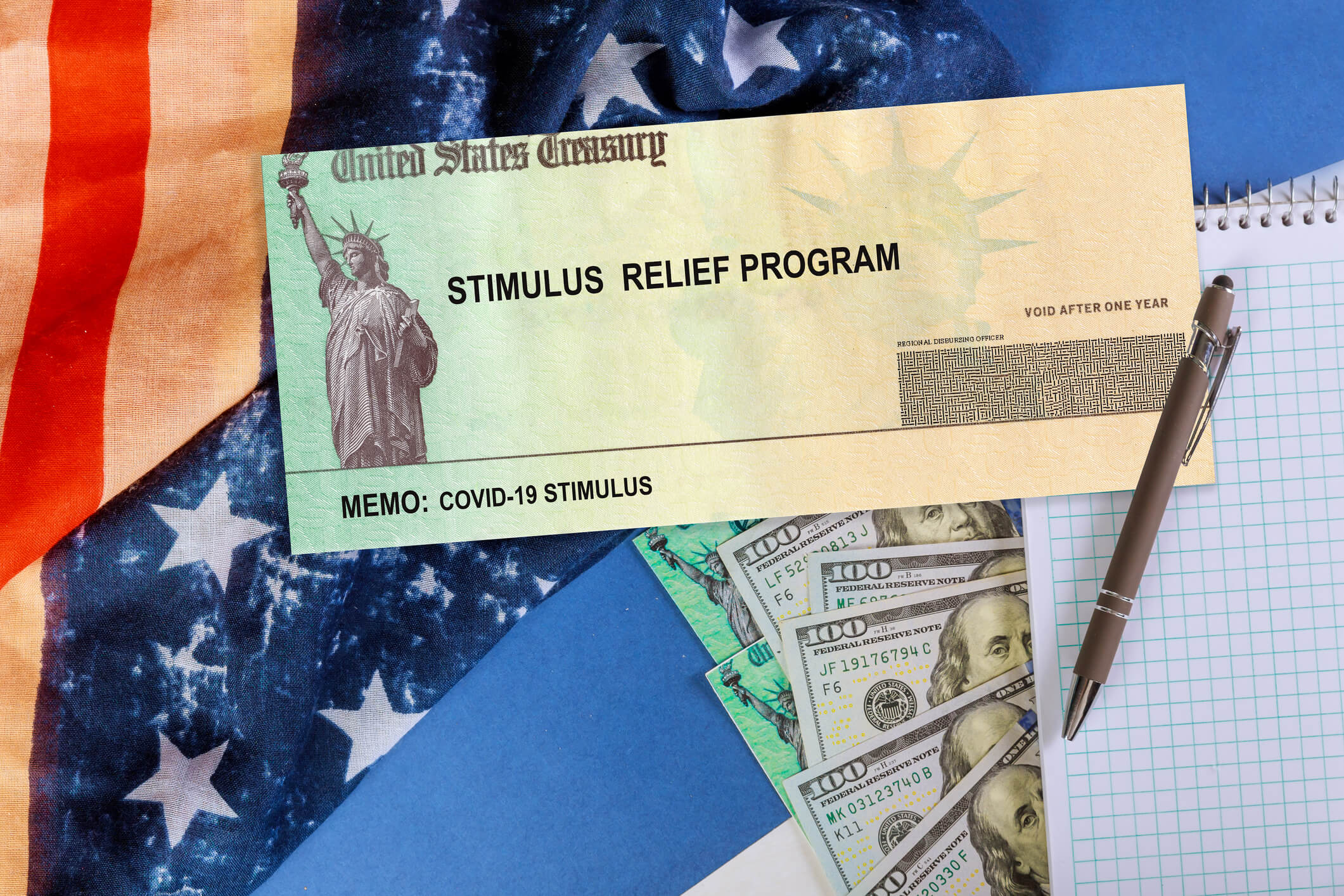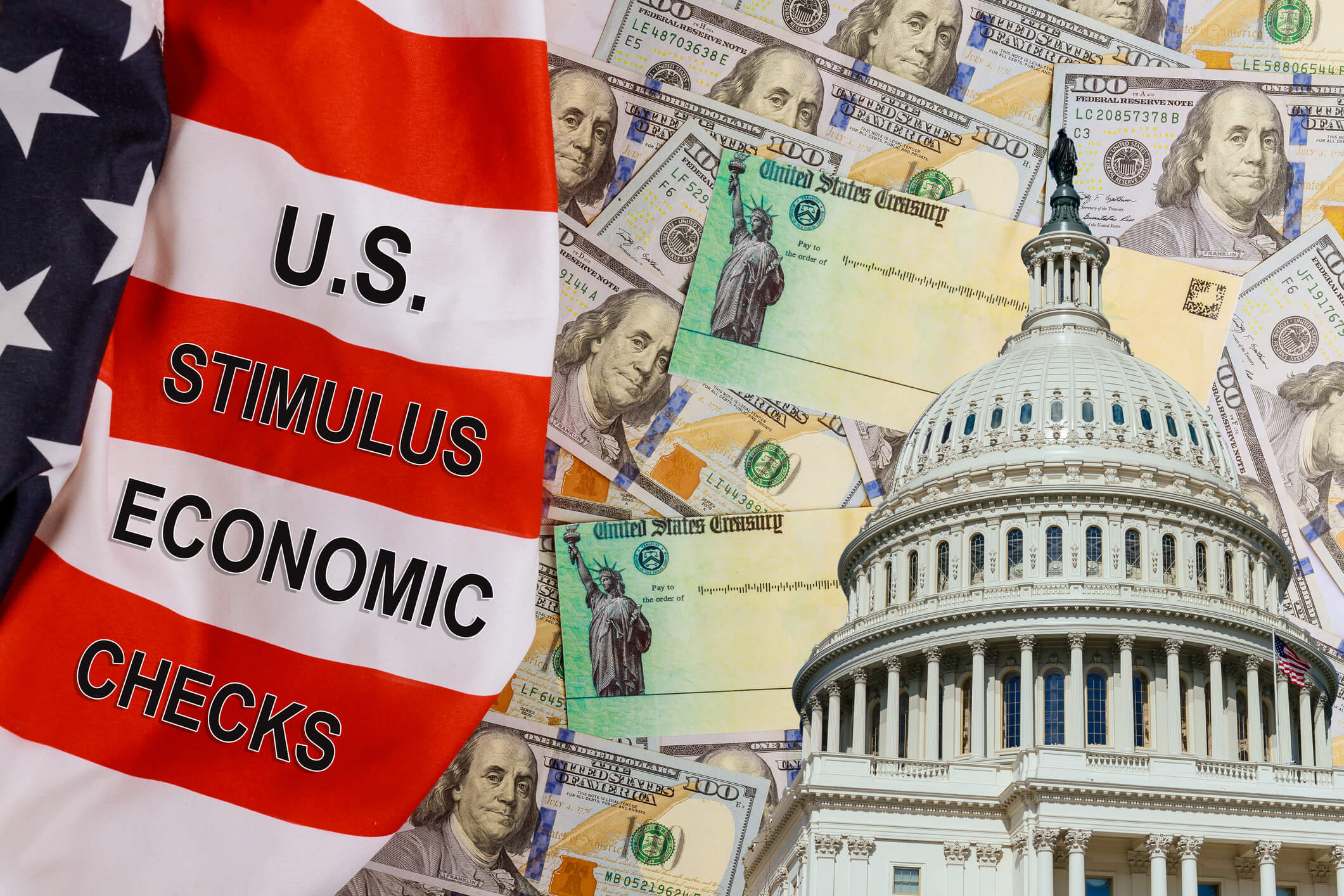The IRS has authorized temporary changes to Section 125 Cafeteria Plans. These changes extend the claims period for health flexible spending arrangements (FSAs) and dependent care assistance programs and allow taxpayers to make mid-year changes. This authorization addresses unanticipated changes in expenses because of the 2019 Novel Coronavirus (COVID-19) pandemic and provides that previously provided… Read More
Businesses affected by COVID-19 may be eligible for the Employee Retention Credit. The Employee Retention Credit is designed to encourage businesses to keep employees on their payroll. The amount of the credit is 50% of qualified wages paid up to an annual limit of $10,000, which equals a maximum credit amount of $5,000 for each employee for… Read More
People First Initiative provides relief to taxpayers facing COVID-19 tax issues. Due to COVID-19, the IRS’ People First Initiative provides relief to taxpayers on a variety of issues from easing payment guidelines to delaying compliance actions. This relief is effective through the current filing and payment deadline, Wednesday, July 15, 2020. Here are some ways you may benefit… Read More
Your Economic Impact Payment (EIP) amount could be different than anticipated. Nearly 130 million Economic Impact Payments have been delivered in the past month, and more are on the way. Some Americans may have received a payment amount different than what they expected. Payment amounts vary based on income, filing status, and family size. Below… Read More
Other features include retroactive renewal of some tax benefits that expired in 2017. The Further Consolidated Appropriations Act 2020 (enacted December 20, 2019) includes tax provisions designed to encourage more people to save for retirement. It also includes other tax changes such as the retroactive renewal of some tax benefits that had expired at the… Read More
VA and SSI recipients with eligible children need to act by May 5. Supplemental Security Income and Department of Veterans Affairs beneficiaries must act by May 5 if they didn’t file a tax return in 2018 or 2019 and have eligible dependents so they can quickly receive the full amount of their Economic Impact Payment.… Read More
The IRS is issuing Economic Impact Payments. When will I get mine? Economic Impact Payments are being issued automatically for most individuals. However, some people who don’t usually file a tax return will need to submit basic information to the IRS to receive their payment. See our previous posts, Economic Impact Payments, Update: Economic Impact Payments,… Read More
One new tool and one on the way help taxpayers who otherwise would not file a return get their stimulus payments. The physical and mental toll the COVID-19 pandemic is inflicting on humankind is indisputable. Next comes the economic toll. It is not surprising that the two questions many Americans are asking are How? and… Read More
What You Need to Know About Stimulus Payments Relief options for individuals and businesses (i.e. all of us) affected by the COVID-19 virus and how to obtain available options remain fluid. For example, in last week’s post we reported that to receive the economic impact payment, you must at least file a simple tax return… Read More
What You Need to Know About Stimulus Payments The Treasury Department and the Internal Revenue Service have announced that the distribution of economic impact payments will begin in the next three weeks and will be distributed automatically, with no action required for most people. However, some seniors and others who typically do not file returns… Read More








